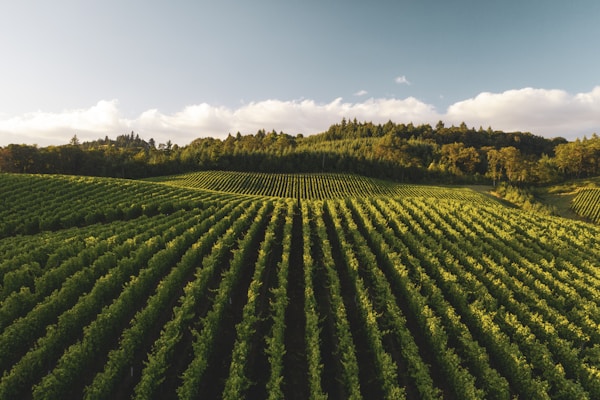
Starting a farm is an exciting venture. With so many factors to consider, having a comprehensive guide to help you along the way can ensure a smoother and more successful process. This article explores the essential aspects of starting a farm, from choosing the right location and securing financing to acquiring the necessary equipment and managing your crops or livestock. Keep reading to learn more about everything you need to start a farm.
Acquiring the Necessary Equipment and Resources

Farming requires a variety of specialized equipment to ensure efficient and effective operations. In addition to tractors, plows, and other heavy machinery, you’ll also need tools for planting, cultivating, and harvesting crops and raising and caring for livestock. To save on startup costs, consider purchasing used equipment or leasing items you may not need year-round.
One vital resource for any farm is fuel. Efficient and high-quality fuel ensures that your farm machinery performs optimally. An excellent fuel option is Esso Diesel, which has proven efficiency in various agricultural applications. Finding a reliable fuel supplier is essential to guarantee consistent delivery and quality.
Another crucial aspect of starting a farm is hiring skilled labor to assist with daily tasks. This can involve full-time, part-time, or seasonal workers, depending on the specific needs of your farm. Proper training and safety procedures should also be in place to reduce potential workplace incidents and improve overall farm productivity.
Constructing Farm Infrastructure
Building appropriate infrastructure is essential for ensuring your farm’s efficiency and sustainability. This can include barns, sheds, greenhouses, and other structures needed for your specific operation. Designing and constructing these buildings may seem daunting, but partnering with experienced professionals will significantly reduce the challenges. Companies like Zaks Construction are well-equipped to handle such projects and help you optimize your farm’s infrastructure.
Designing and implementing efficient storage, processing, and transportation facilities on your farm is essential. This will ensure that you can handle your products effectively from the moment they’re harvested or produced until they reach the market. Investing in sustainable and energy-efficient technologies will help lower operational costs and environmental impact in the long run.
Choosing the Right Location and Securing Financing

Finding the perfect location for your farm is crucial to its success. When deciding, consider factors such as soil quality, water availability, climate, and market access. To increase the chances of securing financing, it’s important to have a solid business plan that outlines your projected revenue, expenses, and market analysis. This plan will help you secure financing and make informed decisions throughout your farming journey.
Several financing options are available to new farmers, including loans, grants, and investors. Reach out to your local agricultural agency to learn about resources available in your area. Organizations like the United States Department of Agriculture (USDA) have various farm loan programs designed specifically for beginning farmers, while grants can be sought from both government and private entities.
Managing Crops and Livestock
Creating a successful farming enterprise requires careful planning, monitoring, and managing your crops or livestock. Research the specific crops or breeds most suitable for your region and climate, considering market demand and input costs. Develop a crop rotation or grazing plan that promotes soil health, reduces pests and diseases, and maximizes productivity.
The key to any farming endeavor is a proper record-keeping system. Accurate and up-to-date records allow you to make informed decisions on your farming operations, track crop yields, and identify potential areas for improvement. Invest in technology like farm management software to streamline this process and make data analysis more accessible.
Finally, working with local and regional universities and agricultural organizations can prove highly beneficial. These entities can provide valuable expertise, information, and resources to help you optimize your farming practices and maximize your yield while minimizing environmental impacts.
Starting a farm requires strategic planning, resourcefulness, and determination. By following the advice in this guide and being open to continuous learning, you’ll be well on your way to being a successful and environmentally responsible farmer.



